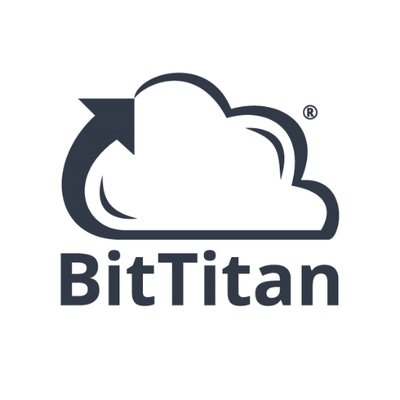Why you can trust us
407 Cloud Software Products and Services Tested
3056 Annual Software Speed Tests
2400 plus Hours Usability Testing
Our team of experts thoroughly test each service, evaluating it for features, usability, security, value for money and more. Learn more about how we conduct our testing.
Facts & Expert Analysis About Project Management Skills
Key Takeaways: Essential Project Management Skills
Soft skills for project managers include communication, problem-solving, teamwork, organization, leadership, critical thinking, conflict resolution, negotiation, adaptability, and time management.
Hard skills for project managers include project scoping and scheduling, cost control, resource management, risk management, and stakeholder management. Other hard skills include change management, procurement, quality management, and reporting.
Technical skills for project managers include proficiency in project management methodology and tools, data analysis, documentation management, virtual meetings, collaboration, and AI tools.
The project management field requires a diverse set of skills to ensure successful projects. From planning and strategy to execution and team leadership, project managers need a well-rounded skill set to succeed. In this article, we’ll explore key project management skills to elevate your resume and the best project management software tools to boost your efficiency.
Below, we’ll delve into the importance of these skills, categorizing them into soft, hard, and technical skills, and provide insights on developing them. You’ll also find questions to help you prepare for your next job interview. Whether you are an experienced project manager or just starting out in this field, mastering these skills can help you advance your career.
Show all
Meet the experts
Learn more about our editorial team and our research process.
What Are Project Management Skills?
Project management skills refer to the abilities required for project management professionals to successfully plan, execute, and supervise projects. A successful project manager employs these skills along with project management methodologies to ensure projects are completed on time and within budget, and that they meet the organization’s objectives.
What Are Soft Skills in Project Management? (& Examples)
Soft skills, also known as “people skills” or “power skills,” are character traits and interpersonal skills that enable effective communication, problem-solving, and collaboration in the workplace. These skills complement technical expertise and enable project managers to build relationships, motivate team members, and navigate challenges.
What Are Hard Skills in Project Management? (& Examples)
Hard skills in project management refer to specific, measurable, and teachable abilities that project management professionals need to successfully plan, execute, and deliver projects.
Knowing how to manage risks in software like monday.com will help you land your dream project management job.
What Are Technical Skills in Project Management? (& Examples)
Technical project management skills are the specialized knowledge and abilities required to execute the technical aspects of a project.

monday.com is a well-rounded project management tool that helps project managers stay organized and on track with their projects.
Why Are Basic Project Management Skills Important for Your Resume?
Project management skills are important for any professional, regardless of industry or role. Highlighting these skills on your resume can showcase your problem-solving capabilities, adaptability, and ability to handle complex tasks and manage resources efficiently.
Furthermore, project management skills are highly transferable across multiple domains, making them attractive to employers seeking versatile professionals. Nevertheless, you should carefully review the job description and tailor the hard, technical, and soft skills mentioned accordingly.
Soft Skills for Project Managers
Organizations that prioritize power skills have a 72% project completion rate and experience less scope creep. Below, we’ll explore 10 soft skills that the best project managers should have.
Effective communication skills are the foundation of project management. Project leaders must communicate effectively to convey information to diverse stakeholders, including team members, clients, and executives. This skill includes active listening, written and verbal communication, and the ability to tailor messages to various audiences.






















